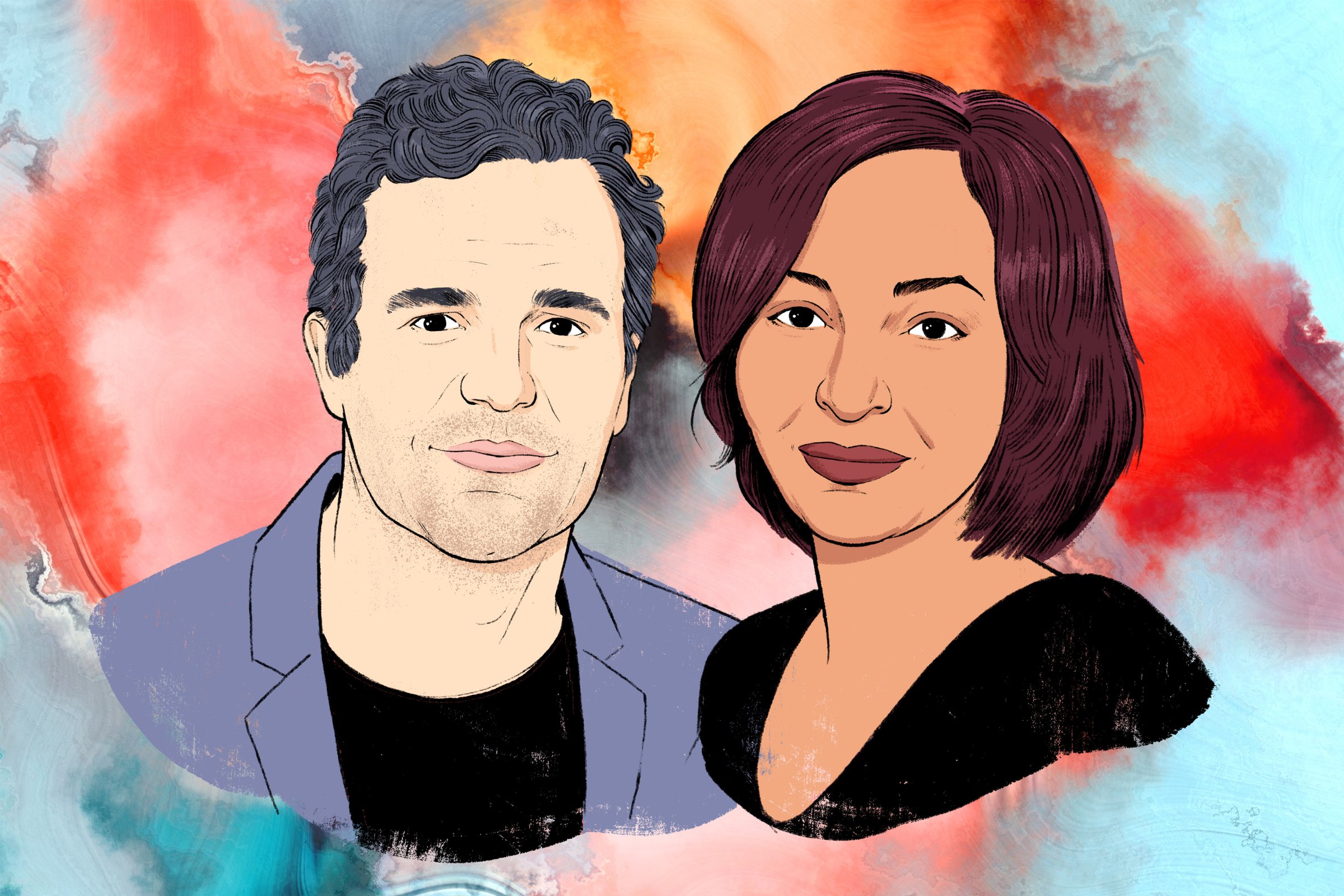
As the COVID-19 pandemic and police-brutality protests heat up metaphorically, we can’t forget that the Earth is still heating up literally. Because of systemic racism, these crises are hitting communities of color especially hard, with each aggravating the effects of the others. At the same time, Black and Brown communities are developing concrete, homegrown solutions to transform their own lives.
Too often, the money and decision-making power needed to address a crisis rest in faraway offices that deploy far-flung consultants and contractors to affected areas. It’s no surprise when these responses without community leadership—from prospecting in post-industrial cities to disaster capitalism’s response to hurricanes—only make matters worse.
When communities have the resources to build on local strengths and buy-in, they come up with effective, durable, and creative solutions to address short-term crises and long-term inequities alike.
Community leadership has been a bedrock principle for PUSH Buffalo for its 15-year history. PUSH is a membership-based community organization serving a low- to moderate-income neighborhood in the Rust Belt city of Buffalo, New York. When developers eyed turning the long-abandoned School 77 into 80,000 square feet of luxury condos, PUSH members quickly rounded up support from governments, nonprofits, and businesses so the community itself could own the building and control its future.
After a $14.8 million renovation, School 77 features 30 affordable apartments for seniors and a much-needed community center. It hosts a theater company, meeting spaces for community groups, and a gym—all powered by New York’s first community-owned solar array designed specifically to serve low-income households. And because PUSH already had clean-energy jobs training programs and a green-collar hiring hall in place, people right in the neighborhood secured good jobs renovating the building.
When COVID-19 hit, PUSH was ready. Street teams already in place for educating neighbors about free energy-efficiency upgrades were redeployed to deliver groceries and medical supplies to those rendered vulnerable by corporate greed and inadequate government programs. Existing grants supporting affordable housing were leveraged for rent relief. School 77, already a center of neighborhood activity, became a mutual aid hub distributing food, cleaning supplies and diapers. These solutions were deployed within days of the crisis hitting—and many weeks before Congress passed its first stimulus bill.
PUSH is far from the only U.S. community group figuring out solutions to the twin problems of climate and racial inequality. On the Pine Ridge reservation in South Dakota, the Oglala Lakota’s Thunder Valley Community Development Corporation is building solar-powered affordable housing, community gardens, and a workforce training center, as well as distributing food and cleaning supplies to elders during the pandemic. In Atlanta, the Partnership for Southern Equity, well-known locally for promoting equity on the economic, health and energy fronts, responded to COVID-19 by launching a Rapid Response Relief Fund. These examples show how community-led, practical solutions can lift up neighborhoods that have been inhumanely cast aside—and show a promising way forward for all of us.
Dismantling entrenched inequities is hard. For example, Black kids are four times as likely to die from asthma as white kids, according to the U.S. Environmental Protection Agency, and as the climate warms, dangerous air pollution will worsen, increasing vulnerability to diseases from asthma to COVID-19. Similarly, extreme weather events are projected to become more common because of climate change—and they already disproportionately ravage communities of color, exacerbating economic inequality and leaving Black and Brown people less able to get the medical care they need to weather the next pandemic.
But by working to fix long-term problems and mobilizing quickly in times of crisis, communities of color are tenaciously untangling the knot of inequity and injustice. We must learn from communities of color across the nation as we all work to create the future we want.
More Must-Reads From TIME
- The 100 Most Influential People of 2024
- The Revolution of Yulia Navalnaya
- 6 Compliments That Land Every Time
- What's the Deal With the Bitcoin Halving?
- If You're Dating Right Now , You're Brave: Column
- The AI That Could Heal a Divided Internet
- Fallout Is a Brilliant Model for the Future of Video Game Adaptations
- Want Weekly Recs on What to Watch, Read, and More? Sign Up for Worth Your Time
Contact us at letters@time.com